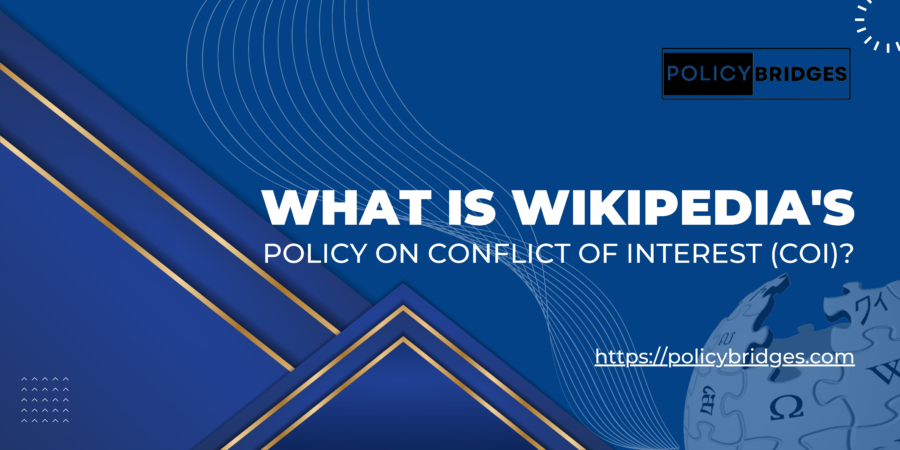Wikipedia, the world’s free encyclopedia, prides itself on providing objective and unbiased information. To achieve this, it has a strong Conflict of Interest (COI) policy that ensures edits are made for the sake of knowledge, not personal gain.
What is Wikipedia’s Conflict of Interest (COI) Policy?
The COI policy discourages editors from making edits to articles where they have a personal or professional connection. This includes:
- Your own work, hobbies, or organizations
- Family and close friends
- Employers, clients, or competitors
- Financial or other vested interests
Essentially, anything that could potentially cloud your judgment and introduce bias falls under the COI umbrella.
Why Does Wikipedia Have a COI Policy?
Wikipedia’s COI policy safeguards its core principles of neutrality and verifiability. By preventing biased edits, Wikipedia ensures information is presented fairly and accurately, allowing readers to trust its content.
Here’s what the COI policy aims to prevent:
- Promotional content: Shilling products or services related to your work or interests.
- Undue weight: Giving disproportionate attention to a particular viewpoint because of a personal connection.
- Omission of important information: Neglecting to include relevant details that might contradict your interests.
How Does the COI Policy Apply to You?
Even if you’re not directly involved with the topic of an article, consider any potential conflicts. For instance, if you’re a passionate advocate for a particular environmental cause, editing an article on that topic could introduce bias.
Here’s what you can do:
- Be transparent: If you have a COI, disclose it on your user page and the article’s talk page.
- Seek neutral edits: If unsure about potential bias, discuss your edits with the Wikipedia community on the talk page.
- Focus on reliable sources: Base your edits on verifiable sources, not personal opinions or experiences.
